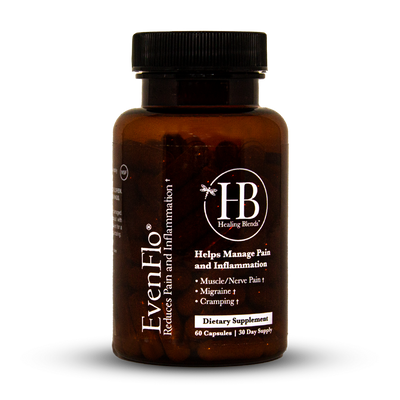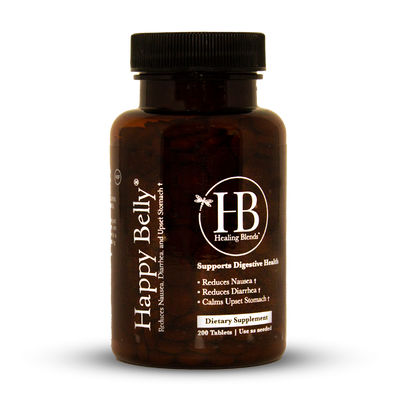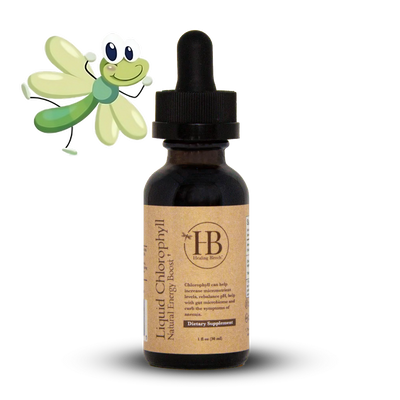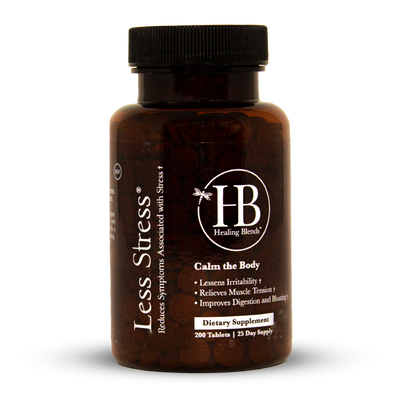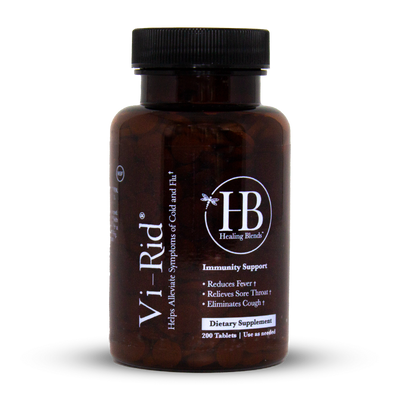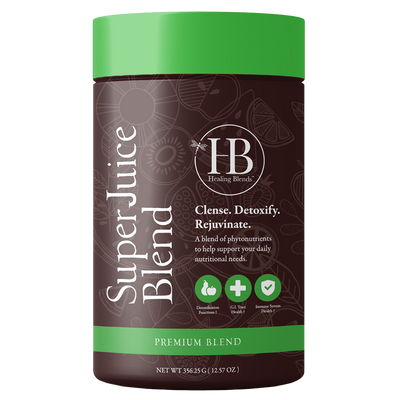Basic Diet Tips For Kids That Every Parent Should Know
When it comes to children’s health, a nutrient-dense diet is essential for helping them thrive, not just survive. Dr. Caroline Ware, a natural medicine physician from Healing Blends Global, has shared some valuable advice to help parents provide a healthier diet for their kids. In this blog, we’ll dive into her top recommendations, including why avoiding processed foods and preparing food properly can make a world of difference for your child’s wellness.
The Problem with Processed Foods
One of the first steps Dr. Ware recommends is eliminating processed foods from your child’s diet. Fast food, sugary treats, canned foods, and other processed items may be convenient, but they come with a high cost. Processed foods often contain artificial additives, preservatives, and excessive sugars that do more harm than good. In fact, Dr. Ware shares an eye-opening story from her practice: a Happy Meal left on her desk for three years without showing any signs of decay or mold, illustrating the unnatural chemicals present in such food.
Incorporating whole foods into your child’s diet isn’t just about saying “no” to processed food—it’s about saying “yes” to growth, strong immunity, and sustained energy.

Image Source: Pexels
Preparing Food for Optimal Nutrition
Dr. Ware’s second tip is equally crucial: learning how to properly prepare food to ensure children absorb all the nutrients they need. While cooking meats as usual is typically fine, certain foods, like grains, nuts, and seeds, have a tough outer layer called phytic acid that resists digestion. This layer can block nutrient absorption, potentially causing discomfort and digestive issues.
To make these foods more digestible, Dr. Ware suggests soaking grains, nuts, or seeds overnight with an acidic medium, such as a splash of lemon juice or apple cider vinegar. This soaking process softens the phytic acid layer, allowing the body to break down the food more easily and absorb its nutrients.

Why Sourdough Bread Can Be Better for Sensitive Kids
If your child has sensitivities to regular wheat products, sourdough bread might be a good alternative. Unlike regular bread, sourdough undergoes a natural fermentation process that breaks down gluten and other complex proteins, making it easier to digest. Dr. Ware notes that her son, who is sensitive to regular wheat, tolerates sourdough bread made the traditional way, with a starter or "mother" culture, which helps reduce the risk of digestive issues like bloating or eczema.

Image Source: Pexels
The Science of Traditional Cooking
Before the advent of modern food processing, people naturally let grains, nuts, and seeds break down in the sun or ferment over time, creating foods that were simpler to digest. Techniques like soaking, fermenting, and slow cooking allowed for more nutrients to be available in each meal, and these practices are making a comeback for good reason.
For anyone interested in exploring these techniques further, Dr. Ware highly recommends the book Nourishing Traditions by Sally Fallon. This guide provides an introduction to traditional food preparation techniques, such as making your own sourdough bread at home.

Final Thoughts
Feeding your children well is about more than just filling their bellies—it’s about setting them up for a lifetime of health. Eliminating processed foods and learning to properly prepare grains, nuts, and seeds can make a tremendous difference in their energy, immunity, and growth.
For more tips like these, be sure to subscribe to Dr. Caroline’s newsletter, where she shares weekly advice on keeping your kids healthy naturally. And don’t forget, new subscribers get 10% off Healing Blends Global herbal products!
Don’t forget to subscribe to our YouTube channel as well, where you’ll find the latest videos packed with helpful tips and guidance on your journey to better health.















